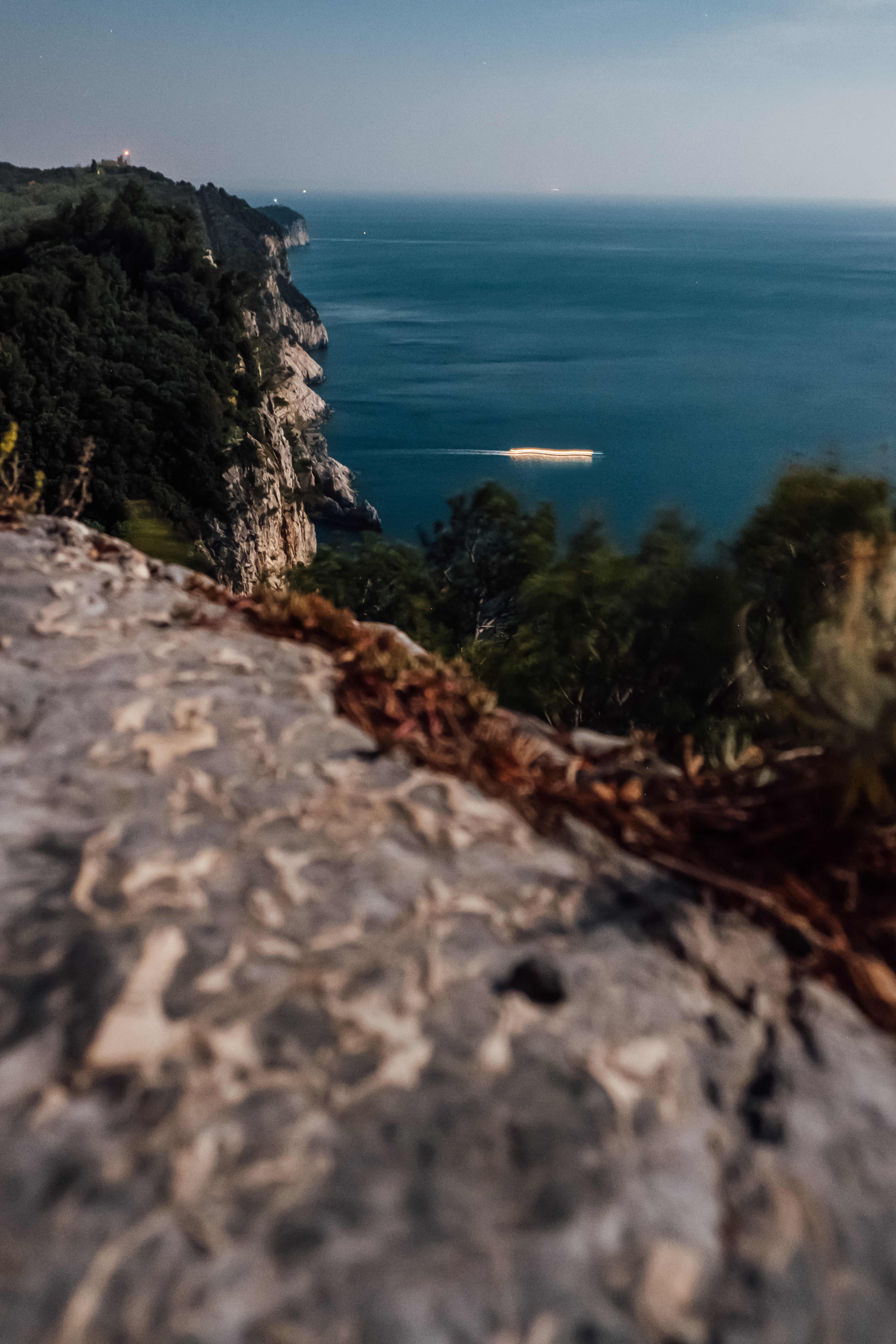
What is the Community of Practice?

RescueME’s Community of Practice (CoP) aims to gather international experts from policy, research, industry, and practice to exchange on topics of resilience, climate change adaptation, disaster risk management, heritage (landscape) management, and sustainable development.
The aim of the CoP is to foster exchange between experts from different fields, provide feedback for RescueME results to ensure broad applicability, and facilitate peer-to-peer learning between practitioners.
Register for the next Community Conversation (November 27, 2025) here!
How does the CoP operate?
The members of the Community of Practice will gather regularly during online workshops of 2-4 hours. During these thematic workshops RescueME project partners and R-labscapes will give updates on their interventions, resilience strategy development, method, and tool progress, as well as other topics relevant to the workshop. The meetings will provide space for feedback, trialing RescueME results, as well as small-scale group exchanges for peer-to-peer exchange.
What are my benefits from joining the CoP?
Members of the CoP will receive early access to project results – via presentations and test access to result prototypes – and the possibility to exchange about ongoing developments in the fields of resilience, climate change adaptation, disaster risk management, heritage (landscape) management, and sustainable development with a larger group of international experts. This will include getting hands-on examples from cultural landscapes on how they applied RescueME results. In addition, external experts will receive the opportunity to showcase their work.
Who can join the CoP? And how?
The CoP can be joined by any expert from policy, research, industry, and practice with relevance to the topics of RescueME.
Upcoming:
The next Community Conversation will take place on November 27 (Register here).
Register above to stay up to date on further gatherings!
RESILIENT CULTURAL LANDSCAPES


Funded by the European Union. Views and opinions expressed are however those of the author(s) only and do not necessarily reflect those of the European Union or Research Executive Agency (REA). Neither the European Union nor the granting authority can be held responsible for them.